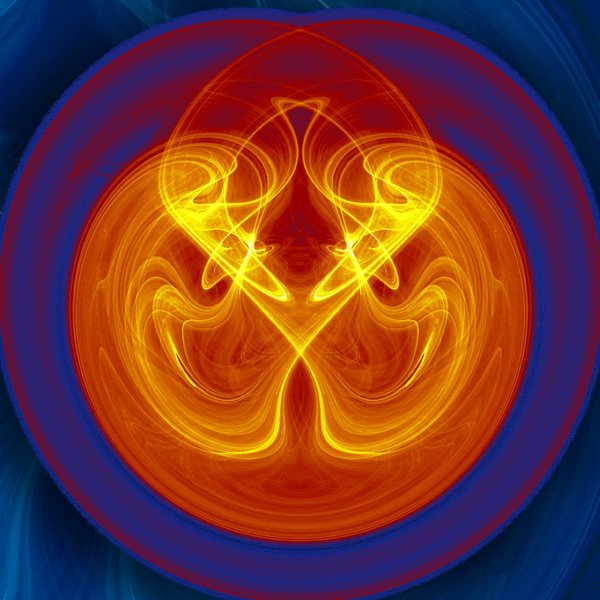Peter Ashwin
(Exeter, UK)
Ulrike Feudel (chair)
(Oldenburg, Germany)
Michael Ghil
(Paris, France & Los Angeles, USA)

This workshop aims to bring together scientists from various disciplines of the natural and physical sciences, particularly from research areas dealing with complex systems and applications to aspects of earth system science, biosciences and network dynamics. The workshop will focus on mathematical approaches, methodologies and applications where non-autonomous, multiple timescale and transient dynamics are important to understand and predict nonlinear behaviour such as critical transitions in complex systems.
We plan a two-week training seminar for PhD students and other early career researchers during the weeks immediately before (9-13 October) and after (24-27 October) the one-week research workshop (16-20 October). The seminar program will include introductory lectures as well as more advanced lectures to address both methodological problems and problems from applications, all related to the topics of the workshop shown on the website. In addition, it is planned to have one or more short courses, some of which may include also hands-on activities on the computer. The attendees will give short talks about their own research projects at the start of the seminar to foster the discussion among themselves but also with the organizers and senior scientists present. Furthermore, we will stimulate collaborations between young researchers and senior scientists by offering joint research mini-projects for attendees, which can also be solved in small groups.
Niklas Boers (DE)
Luonan Chen (CN)
Henk Dijkstra (NL)
Peter Ditlevsen (DK)
Partha Sharathi Dutta (IN)
Christopher K. R. T. Jones (US)
Klaus Lehnertz (DE)
Wei Lin (CN)
Iacopo Longo (DE)
Ehud Meron (IL)
Marisa Montoya (ES)
Carmen Nunez (ES)
Juan-Pablo Ortega (SG)
Stefano Pierini (IT)
Martin Rasmussen (UK)
Michael Rosenblum (DE)
Denise Sciamarella (AR)
Mary Silber (US)
Alexander Skupin (LU)
Tamás Tél (HU)
Peter Tino (UK)
Anna von der Heydt (NL)
Sebastian Wieczorek (IE)

